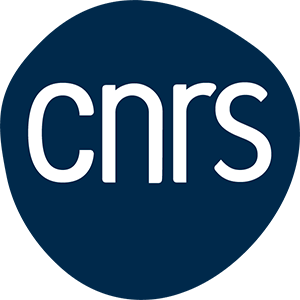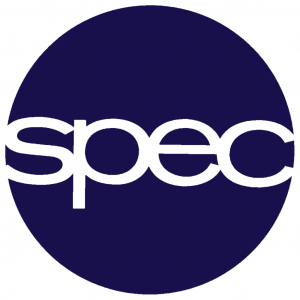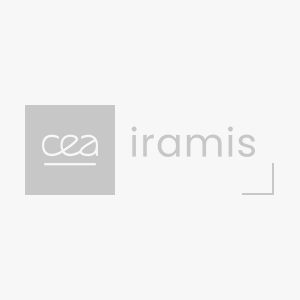We study information-processing (artificial), or “intelligent” (living), agents that seek to retain maximal control of their environment. They do this by future state maximisation (FSM) and I will start the talk by discussing how this principle relates to intelligent behaviour more generally. I will then describe a study of moving, re-oreintable agents that apply FSM to maximise their space of accessible (visual) environments out to some time horizon. The action of each agent is (re)established by exhaustive enumeration of its future decision tree at each timestep – each agent chooses the richest branch of its tree. Remarkably, cohesive swarm-like motion emerges that is similar to that observed in animal systems, such as bird flocks. I will then discuss heuristics that mimic computationally intensive FSM but that could operate in real time under animal cognition. We show that iterative application of these heuristics as the model for the behaviour of others, when determining the dynamics of self under full FSM, can lead to closure of the problem. Thus, a real-time heuristic, approximating FSM, that produces realistic behaviour may indeed be evolutionarily accessible under animal cognition. I will argue (i) that this offers a philosophically attractive, bottom-up mechanism for the emergence of swarming and (ii) how this would resemble emergent intelligence. I will end by showing how FSM can even be used to generate music, demonstrating the broad applicability and power of the principle.
Bio: Matthew Turner obtained his PhD from Cambridge University in 1991 under the direction of Prof Mike Cates, now Lucasian professor. He later studied with Prof Jean-Francois Joanny before undertaking independent fellowships at UCSB and Rockefeller University in the USA. He has been a Fellow of Trinity College, Cambridge, a Royal Society University Research Fellow and, most recently, an EPSRC Leadership Fellow. He is currently a full professor of Physics and a member of the Centre for Complexity Science at Warwick University in England. In recent years he has held various visiting positions, including the Joliot-Curie and Mayant-Rothschild chairs at ESPCI and Institut Curie in Paris. His interests lie in soft and active matter physics and their interface with living systems.
A coffee break will be served at 11h00.
——————————————————————————————————————————-
Department of Physics, Warwick University, United Kingdom




